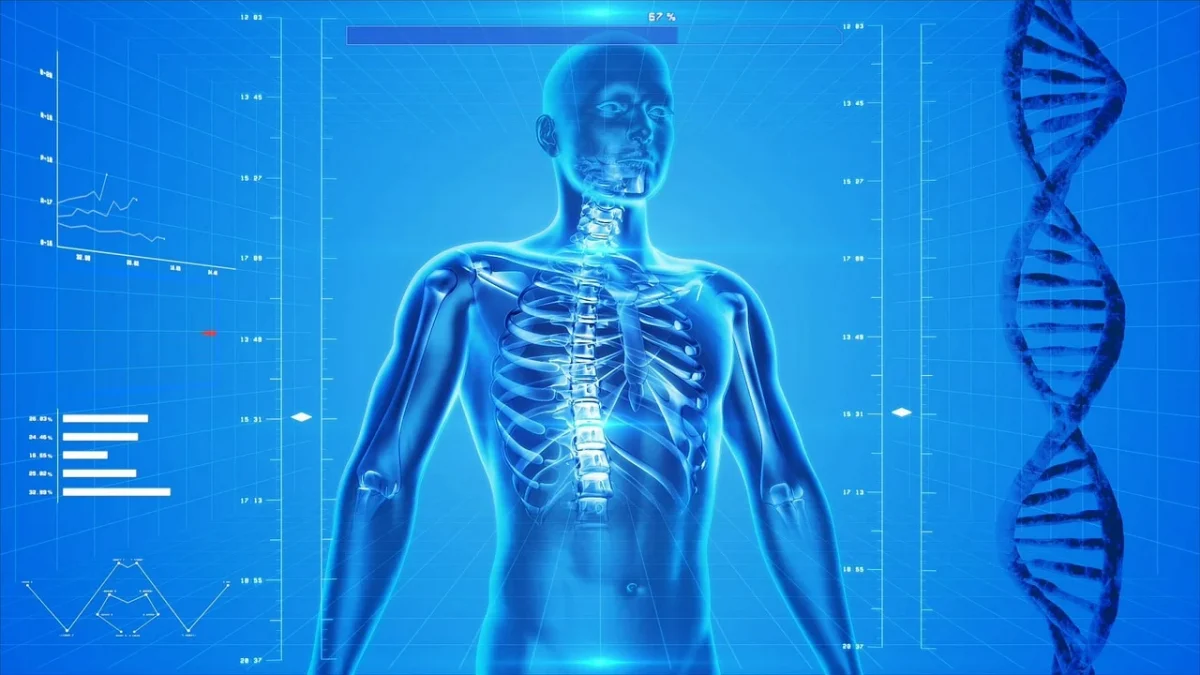In the ever-changing technological environment, quantum computing stands out as a revolutionary force with the potential to change the area of artificial intelligence.
Quantum computing is a breakthrough field that applies quantum physics concepts to computation. Unlike conventional computers, which employ bits (0s and 1), quantum computers use quantum bits, or qubits, which may exist in several states at the same time owing to superposition. This unique characteristic, along with quantum entanglement, enables quantum computers to handle massive volumes of information simultaneously, possibly solving complicated problems tenfold quicker than conventional computers.
These powerful computing systems, which use the perplexing laws of quantum physics, promise to solve complicated problems that traditional computers have long struggled to handle. As we investigate the symbiotic link between quantum computing and AI, we discover a world of possibilities that might radically alter our understanding of computation and intelligence.
Quantum Algorithms for Encryption: Safeguarding the Digital Frontier
One of the most significant consequences of quantum computing on AI is in the field of cryptography. Current encryption technologies, which constitute the foundation of digital security, are based on the computational complexity of factoring huge numbers. However, quantum computers equipped with Shor’s algorithm can crack various encryption systems, posing a huge danger to cybersecurity.
Paradoxically, quantum computing provides a solution to the identical problem that it generates. Quantum key distribution (QKD) and post-quantum cryptography are two new topics that use quantum features to provide unbreakable encryption systems. These quantum-safe technologies ensure that even in a world with powerful quantum computers, our digital communications are secure.
For AI systems that rely largely on secure data transmission and storage, quantum encryption methods provide a solid basis. This is especially important in industries such as financial services, healthcare, and government operations, where data privacy and security are critical.
Quantum Simulation of Materials and Molecules: Accelerating Scientific Discovery
One of quantum computing’s most potential applications in artificial intelligence is the capacity to model complicated quantum systems. Classical computers fail to represent the behavior of molecules and materials at the quantum level because computing needs to rise exponentially with system size.
However, quantum computers are fundamentally adapted to this task. They can efficiently model quantum systems, which opens up new avenues for drug development, materials research, and chemical engineering. Quantum simulations, which properly represent molecular interactions, might significantly expedite the development of novel drugs, catalysts, and innovative materials.
AI algorithms, when paired with quantum simulations, can sift through massive volumes of data generated by the simulations. Machine learning algorithms can detect trends and forecast the features of novel substances, possibly leading to breakthroughs in personalised treatment, renewable energy technology, and more efficient manufacturing.
Quantum-Inspired Machine Learning: Enhancing AI Capabilities
Quantum computing ideas apply not just to quantum hardware, but they may also inspire innovative techniques in classical machine learning algorithms. Quantum-inspired algorithms attempt to capture some of the benefits of quantum processing while operating on traditional hardware.
These quantum-inspired approaches have showed potential in AI domains:
– Natural Language Processing: Quantum-inspired models can better capture semantic linkages in text, resulting in improved language interpretation and creation.
– Computer Vision: Quantum-inspired neural networks have shown improved performance in image identification tests.
– Generative AI: Quantum-inspired algorithms may provide more diversified and creative outputs in jobs such as picture and music production.
As our grasp of quantum principles grows, we should expect more quantum-inspired advances in AI that bridge the gap between classical and quantum computing paradigms.
The Road Ahead: Challenges and Opportunities
While the promise of quantum computing in AI is enormous, numerous hurdles remain. Error correction is an important topic of research because quantum systems are extremely sensitive to external noise. Scaling up quantum processors to solve real-world challenges is another challenge that academics are currently addressing.
Furthermore, building quantum algorithms that outperform their conventional equivalents for real situations is a continuous challenge. As quantum technology develops, new programming paradigms and tools are required to enable AI researchers and developers to properly leverage quantum capabilities.
Despite these limitations, the industry is advancing quickly. Major technology businesses and startups are making significant investments in quantum research, while governments throughout the world are initiating quantum programmes. As quantum computing technology advances, we should expect an increasing synergy between quantum computing and AI, enabling significant scientific and technological discoveries in the next decades.
The combination of quantum computing with artificial intelligence marks a new frontier in computational research. From unbreakable encryption to molecule simulations, complicated optimisations to quantum-inspired algorithms, the possibilities are limitless and transformational.
As we approach the quantum revolution, it is evident that quantum technologies will have a significant impact on the development of artificial intelligence. The challenges are substantial, as are the possible benefits. By using the capabilities of quantum computing, we may be able to unleash new levels of artificial intelligence that beyond our present imaginations, leading to innovations that might transform our world in ways we don’t yet comprehend.
Contact us at open-innovator@quotients.com to schedule a consultation and explore the transformative potential of this innovative technology.







